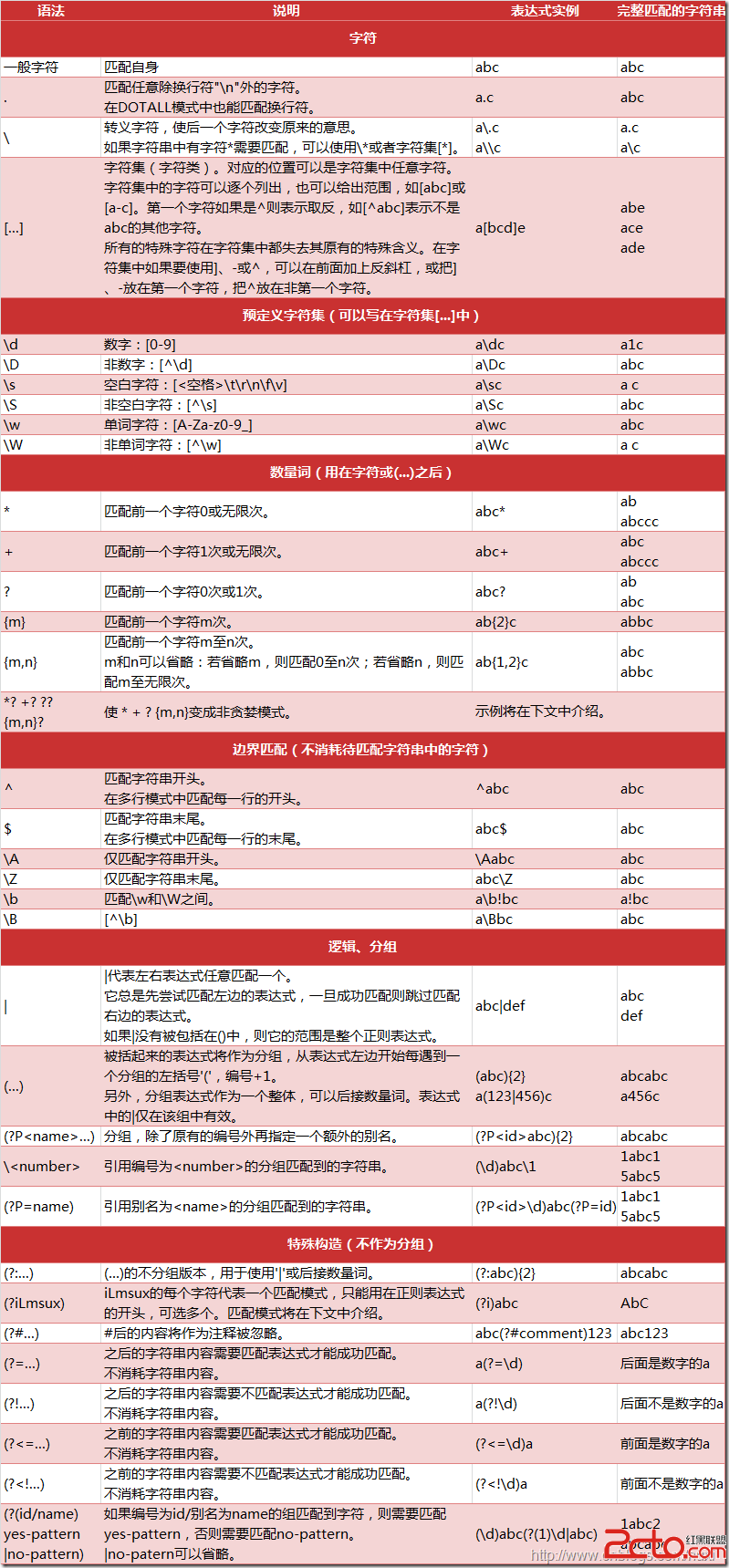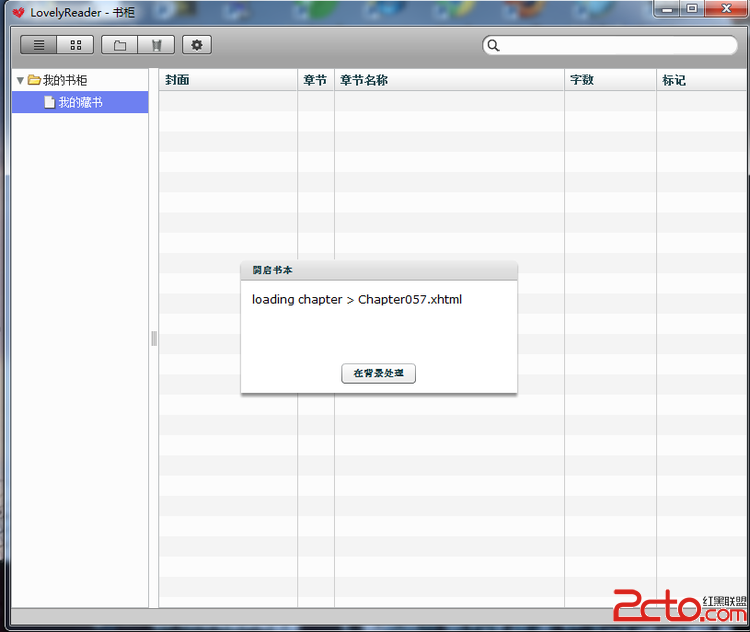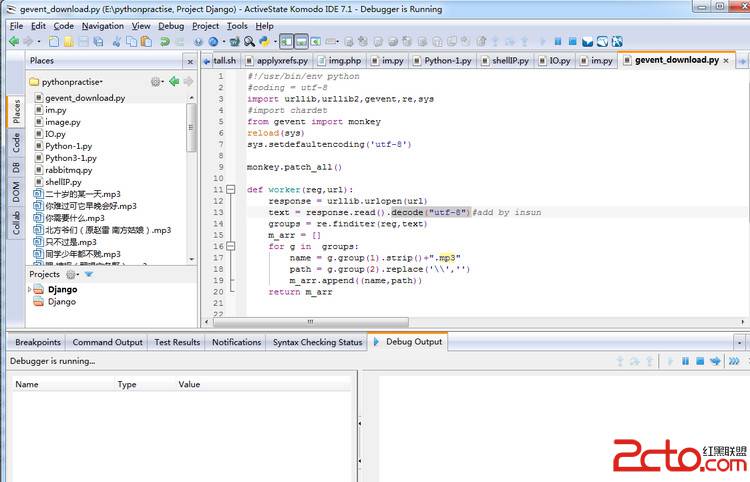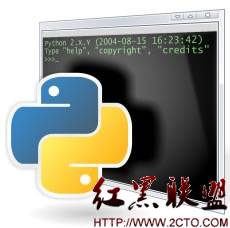Python 入门教程 1 ---- Python Syntax
1 第一节
1 Python介绍
1 Python是一个高效的语言,读和写的操作都是很简单的,就像普通的英语一样
2 Python是一个解释执行的语言,我们不需要去编译,我们只要写出代码即可运行
3 Python是一个面向对象的语言,在Python里面一切皆对象
4 Python是一门很有趣的语言
2 第二节
1 变量:一个变量就是一个单词,只有一个单一的值
2 练习:设置一个变量my_variable,值设置为10
[cpp]
#Write your code below!
my_variable = 10
3 第三节
1 Python里面有三种数据类型 interage , floats , booleans
2 Python是一个区分大小写的语言
3 练习
1 把变量my_int 值设置为7
2 把变量my_float值设置为1.23
3 把变量my_bool值设置为true
[python]
#Set the variables to the values listed in the instructions!
my_int = 7
my_float = 1.23
my_bool = True
4 第四节
1 Python的变量可以随时进行覆盖
2 练习:my_int的值从7改为3,并打印出my_int
[python]
#my_int is set to 7 below. What do you think
#will happen if we reset it to 3 and print the result?
my_int = 7
#Change the value of my_int to 3 on line 8!
my_int = 3
#Here's some code that will print my_int to the console:
#The print keyword will be covered in detail soon!
print my_int
第五节
1 Pyhton的声明和英语很像
2 Python里面声明利用空格在分开
3 练习: 查看以下代码的错误
[python]
def spam():
eggs = 12
return eggs
print spam()
第六节
1 Python中的空格是指正确的缩进
2 练习: 改正上一节中的错误
[python]
def spam():
eggs = 12
return eggs
print spam()
第七节
1 Python是一种解释执行的语言,只要你写完即可立即运行
2 练习:设置变量spam的只为True,eggs的值为False
[python]
spam = True
eggs = False
第八节
1 Python的注释是通过“#”来实现的,并不影响代码的实现
2 练习:给下面的代码加上一行注释
[python]
#this is a comments for Python
mysterious_variable = 42
第九节
1 Python的多行注释是通过“ """ """ ”来实现的
2 练习:把下面的代码加上多行
[python]
"""
this is a Python course
"""
a = 5
第十节
1 Python有6种算术运算符+,-,*,/,**(幂),%
2 练习:把变量count_to设置为1+2
[python]
#Set count_to equal to 1 plus 2 on line 3!
count_to = 1+2
print count_to
第十一节
1 Python里面求x^m,写成x**m
2 练习:利用幂运算,把eggs的值设置为100
[python]
#Set eggs equal to 100 using exponentiation on line 3!
eggs = 10**2
print eggs
第十二节
1 练习:
1 写一行注释
2 把变量monty设置为True
3 把变量python值设置为1.234
4 把monty_python的值设置为python的平方
[python]
#this is a Python
monty = True
python = 1.234
monty_python = python**2
补充:Web开发 , Python ,





